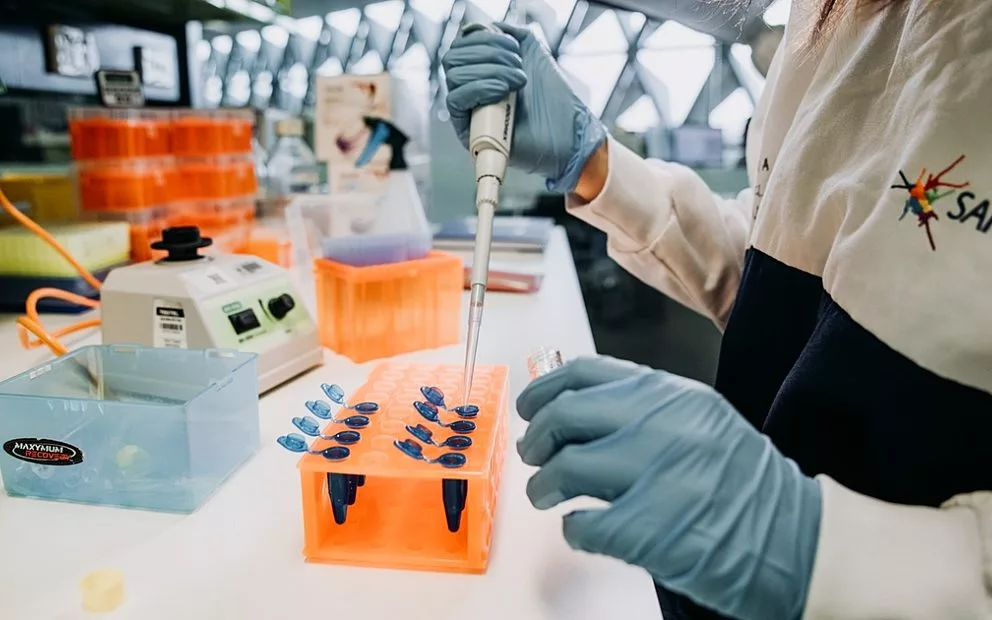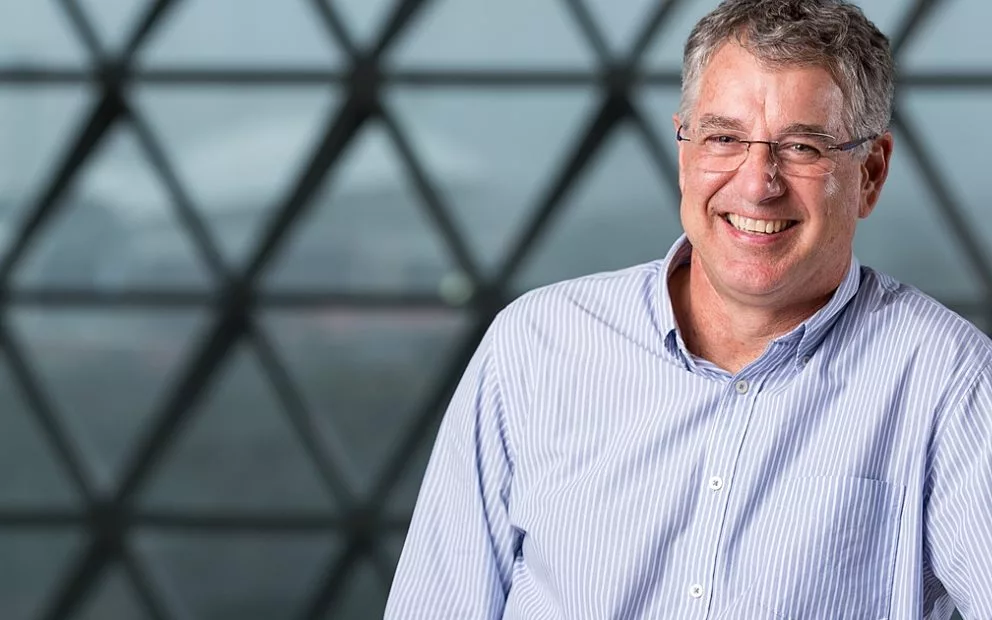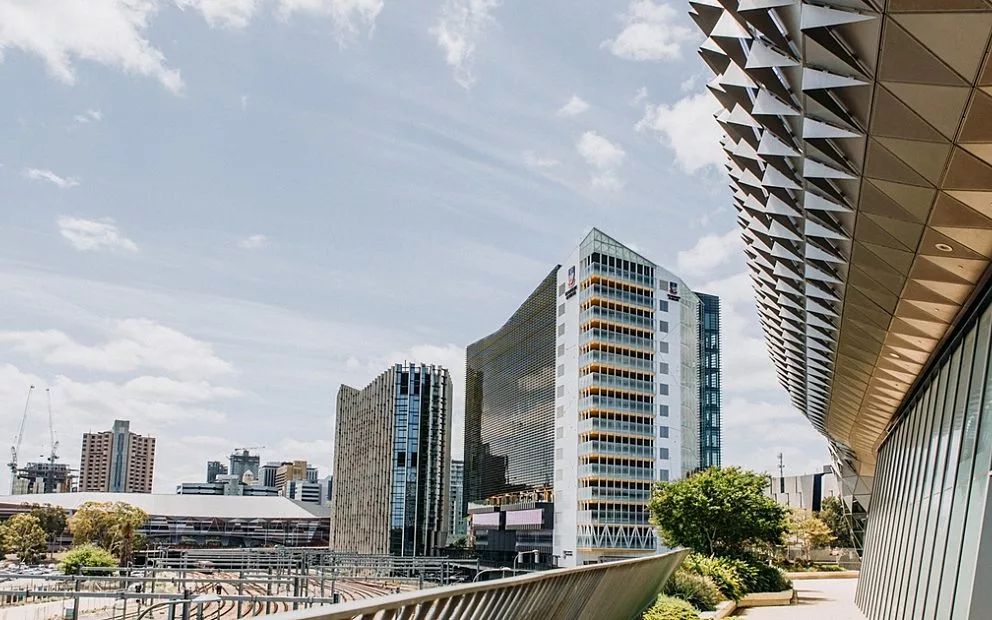In the face of a health crisis the likes of which we’ve not seen in our lifetime, SAHMRI is more committed than ever to being flexible and innovative. We are directing our skills, knowledge and resources to where they are needed most.
We at SAHMRI are proudly playing our part in the global COVID-19 response, actively working on a number of fronts including clinical trials, advising policymakers, genetic sequencing, technological interventions, behavioural science and basic science.
Where appropriate, SAHMRI is also facilitating our people’s reassignment to partner organisations such as SA Health and SA Pathology, where their expertise can be most effective for our state and our nation’s collective response.
Our COVID-19 response projects continue to grow in number and scope including:
BRACE Trial aims to protect frontline health care workers – Professor Steve Wesselingh and Professor David Lynn
SAHMRI is partnering with SA Health and the Murdoch Children's Research Institute (MCRI) to become a remote site for the MCRI's BRACE Trial aiming to protect health care workers from the worst effects of COVID-19 infection.
The trial will investigate whether an established tuberculosis vaccine called Bacille Calmette-Guerin (BCG) can provide an immune system boost to lessen the prevalence or severity of COVID-19 symptoms.
Initially this arm of the trial will involve 500 South Australian health care workers who are involved with patient care. It's hoped the project will be expanded and, if successful, provide benefits to the broader community. Learn more about the BRACE trial.
Free online mental health training – Wellbeing & Resilience Centre (Joseph Van Agteren)
SAHMRI’s Wellbeing & Resilience Centre, led by Joseph Van Agteren, has become renowned for its measurable, evidence-based mental health training. This used to be delivered in face-to-face, two-day workshops. Restrictions on gatherings made this impossible so, with such a pressing demand for mental health care in our current circumstances, the Centre made the bold decision to record its sessions and make them available, for free, on the dedicated website BeWellPlan.com.
Facilitated, interactive sessions are available for those who choose to donate to help support the Centre’s ongoing research.
Evaluating evidence to inform best practice public health policy - Health Policy Centre (Professor Caroline Miller)
The SAHMRI-based Health Policy Centre, led by Professor Caroline Miller, is on the front line of the COVID-19 response, collaborating with the Commission on Excellence and Innovation in Health to deliver the best evidence with which to formulate its policies and other responses.
The team is presented with questions on an almost daily basis. They gather and evaluate all available evidence on each given topic and present those findings to the state’s policy and decision-makers.
Questions addressed so far include whether to keep schools open and the diagnostic value of loss of taste and smell.
Assessing early stages of infection – Professor Caroline Miller
Professor Miller is also working with SA Health, the University of Adelaide’s School of Public Health and the Doherty Institute on the world leading “FFX study”.
The project will measure the infectiousness and severity of COVID-19 in the First Few days after infection. The aim is increase understanding of how the virus spreads and its effect on patients and their families.
COVID-19’s impact on respiratory infections among the elderly – Registry of Senior Australians (Associate Professor Maria Inacio)
The SAHMRI-based Registry of Senior Australians (ROSA), led by Associate Professor Maria Inacio, is performing research that will inform health departments’ preparations to cope with the suspected increase in elderly patients with viral pneumonia.
To accurately predict the response needed, ROSA is first examining where we’re coming from. The team is analysing data of viral pneumonia hospitalisations among the residential aged care population from 2013 to 2017. They’re examining what specific procedures (eg ventilators or intubations) were needed, where cases escalated to intensive care and why, the average length of hospital stay, rates of readmission and number of deaths.
Preventing a hijack: Blocking COVID-19 reproduction in the cell – Professor Chris Proud and Dr Kirk Jensen
Fast-tracking a safe and effective way to slow or stop viral growth is a critical weapon in the fight against COVID-19 as we await development of a vaccine. An ongoing research project directed by Professor Chris Proud and Dr Kirk Jensen has the potential do this.
Once coronavirus breaks into a victim’s cells, it effectively hijacks the system for making proteins, allowing it to make the proteins it needs to reproduce and then escape to infect other people.
Professor Proud and Dr Jensen have been studying a protein-making pathway that is activated by coronavirus, meaning inhibiting this pathway could drastically slow viral growth. They already know how to inhibit this pathway from preclinical models, using a drug that is already in phase 2 clinical trials. This means the drug is already cleared for use in humans.
Do you know how to prevent the spread of COVID-19? – Dr Johan Verjans
Preventing the spread of COVID-19 is, so far, our only defence against the virus. Yet remarkably, many people still don’t know what relatively simple behaviours they should be observing to help slow the spread.
A team led by Dr Johan Verjans has conducted a survey to identify knowledge gaps among the public. The team is also investigating whether a public health awareness campaign featuring “influencers” such as Adelaide Crows coach Matthew Nicks and Port Adelaide player Hamish Hartlett can be effective in increasing public knowledge.
Protecting our most vulnerable – Dr Amy Keir
Dr Amy Keir is part of the team at Adelaide’s Women’s and Children’s Hospital that is trialling ultraviolet sanitiser in the Neonatal Nurseries.
The aim is to reduce viruses and bacteria on mobile phones and other objects brought into the nurseries by staff and parents.
The trial was implemented as part of the Preventing Neurological Injury in Preterm Infants initiative to help reduce sepsis in preterm neonates.
Maintaining contacts despite distances – Aboriginal Health Equity (Dr Natasha Howard)
SAHMRI’s Aboriginal Health Equity theme is maintaining contact with people who’ve previously participated in various studies to check on their welfare and ensure they have access to the knowledge, resources and support needed during these circumstances.
The group’s male and female facilitators are brokering and connecting to services via an adapted online approach.
Global survey of patients with chronic myeloid leukaemia (CML) – Professor Tim Hughes
Professor Tim Hughes, the leader of SAHMRI’s Precision Medicine Theme, initiated a global survey of CML patients who’ve contracted COVID-19. Some CML therapies suppress the immune system and some cause heart and lung toxicities raising concerns about COVID-19 posing higher risks to CML patients on active treatment.
Through the International CML Foundation, Professor Hughes has released an initial information sheet and is developing more detailed evidence-based guidelines for clinicians and patients around the world.
For further information please contact:
Pete McDonald
Head, Media and Communications
M 0402 293 078
E pete.mcdonald@sahmri.com



